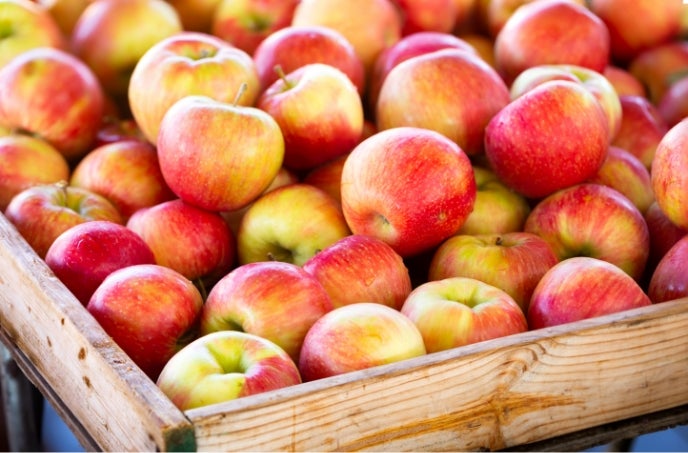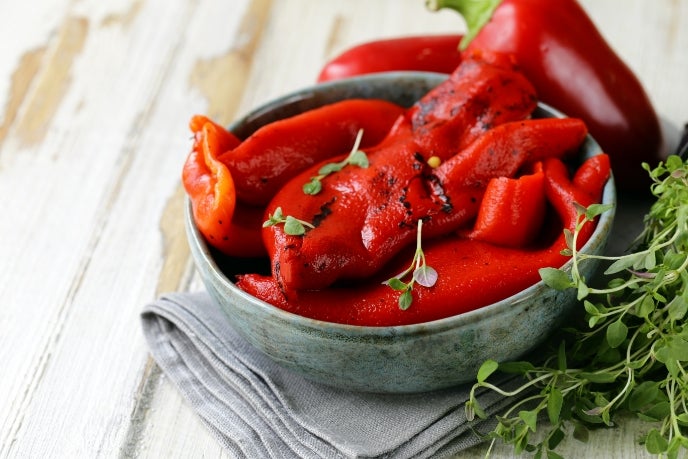In PKU, phenylalanine (phe for short) builds up to high levels in the body. The priority in the management of PKU is to limit the amount of phe that enters the body. The main way to do this is to limit the amount of protein eaten. The PKU diet should not be protein-free because, even in PKU, the body still requires a small amount of protein to supply some Phe in the diet. This is because Phe is an essential amino acid – it is one of the amino acids that the body needs to function properly, which the body cannot make itself. In somebody with severe PKU, however, the amount of natural dietary protein that can be eaten is very small. As well as protein, some artificial sweeteners need to be avoided (e.g. aspartame) because they contain Phe.
The success of the PKU diet is determined by blood phe levels. Blood levels need to be regularly measured. Monitoring is done through blood spot testing. Your metabolic team will advise how often blood spots need to be taken.
Although the term ‘PKU diet’ is used, the management of PKU is not a one-size-fits-all approach. The PKU diet will vary from individual to individual and changes with age. The PKU diet will also need adjustment for various life changes/events such as growth spurts, illnesses and pregnancy. As a general rule, the more severe somebody’s PKU is, the more restricted their diet will need to be in order to keep their blood phe levels within the target range.
The PKU diet should always be carried out under the supervision of a specialist metabolic team. Supervision is required to ensure that;
Phe levels are properly controlled.
the individual with PKU receives all the nutrients they need to grow, develop and stay healthy.
Ideally, the diagnosis of PKU will be made in early infancy. At this stage of life, a baby’s diet is made up entirely of milk. Babies with PKU may be fed breast milk – breastfeeding should be strongly encouraged – but they also need to consume a special phe-free PKU formula alongside breastmilk. Formula-fed babies will need to substitute most of their regular formula with this special PKU formula too.
When a baby is old enough to eat solid foods ( a stage often called ‘weaning’), careful selection of which solid foods they should be given is required. High protein foods need to be avoided because they are too high in phe. These include :
Red meat (beef, pork, etc)
Chicken
Fish
Eggs
Dairy (cheese and milk)
Nuts
Pulses (beans, peas and lentils)
Protein restriction in PKU also covers foods that you might not think of as high protein foods. Staple foods, such as bread, rice, pasta, noodles, breakfast cereals, etc are often excluded from the diet too or eaten in very limited quantities.


